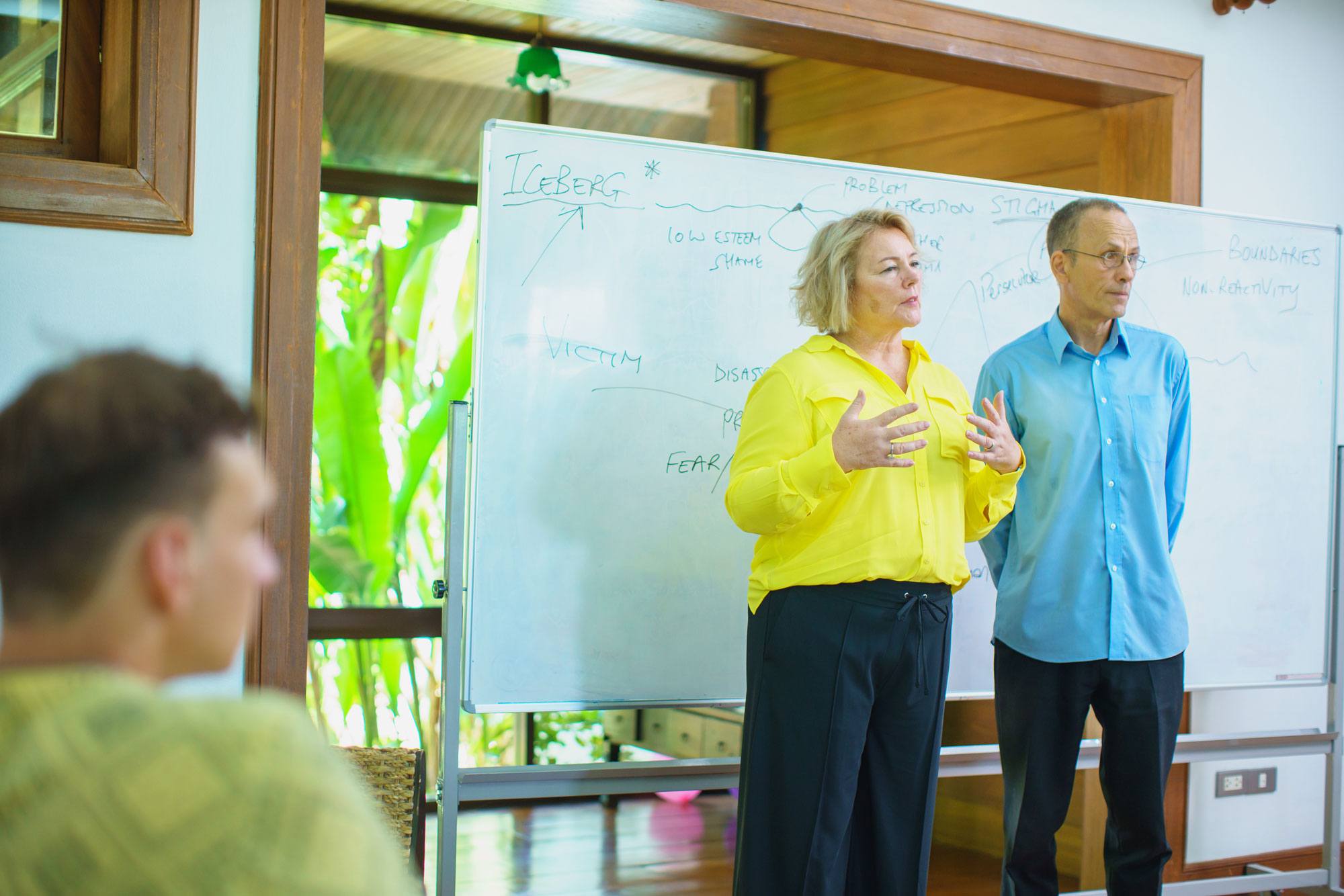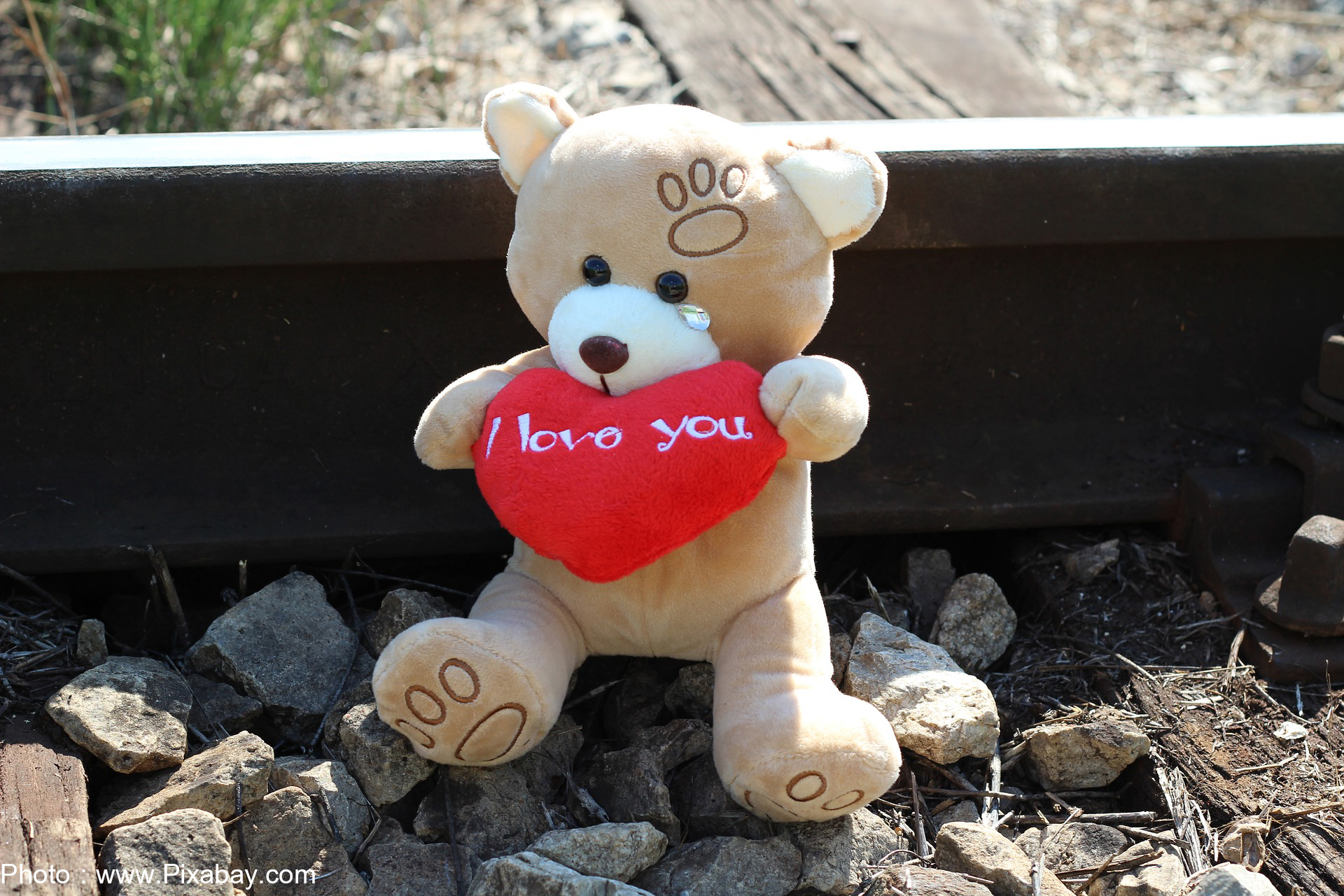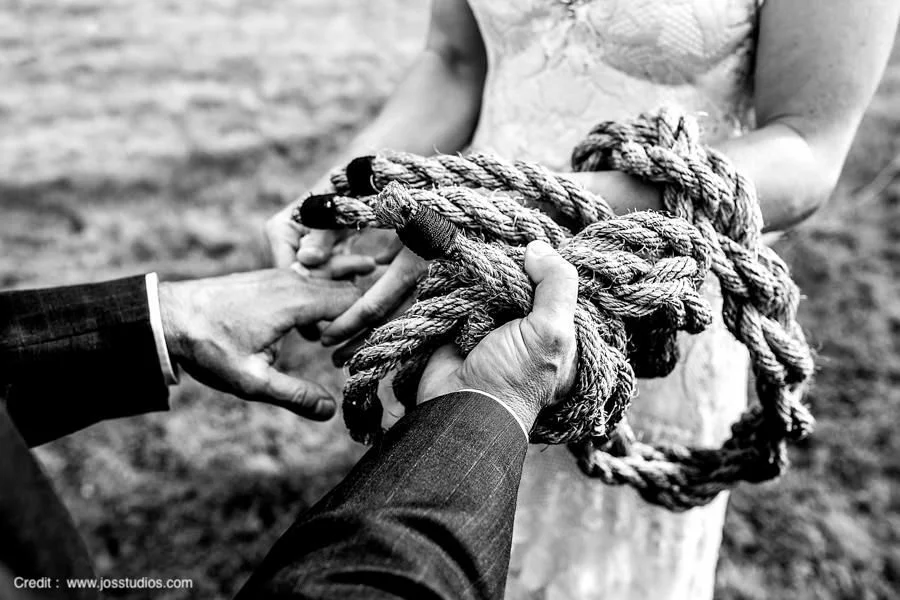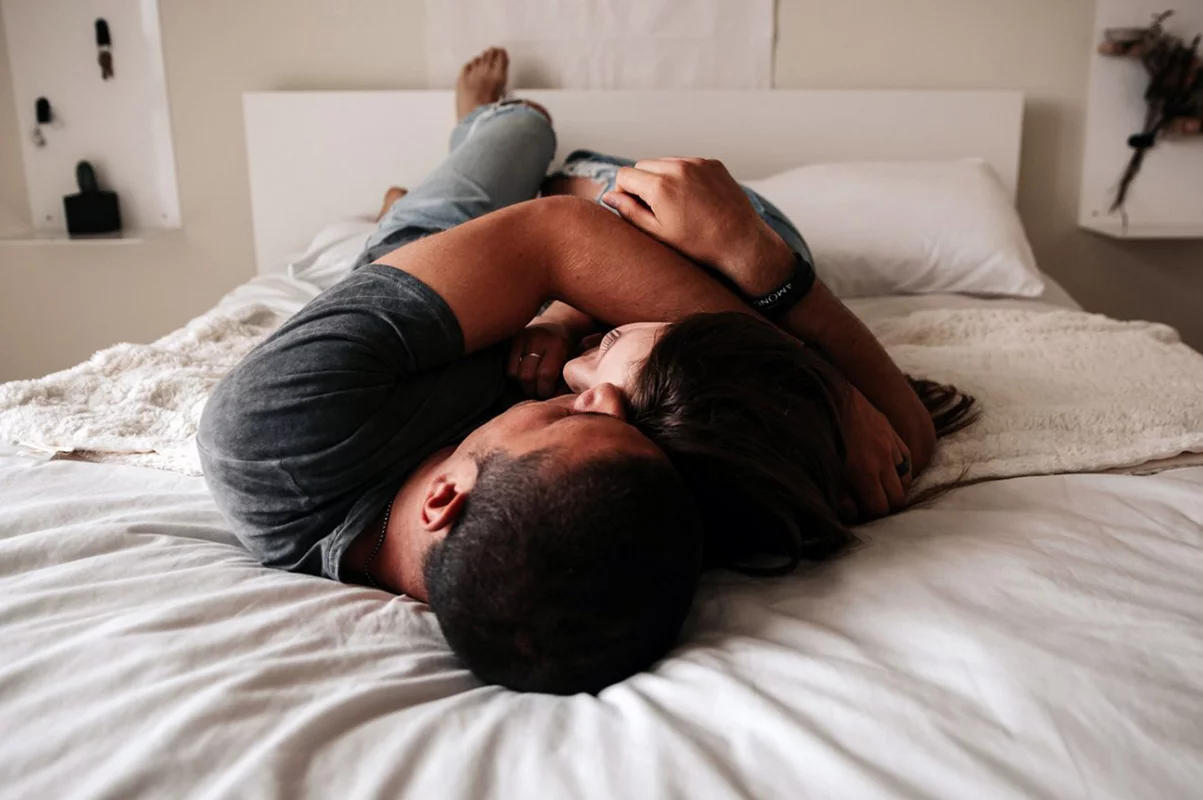If you’re in a relationship with someone who suffers from addiction it can be easy to blame them for all the things that are going wrong in your life. Your partner might ‘need’ drugs or alcohol to get through the day but have you thought about how you ‘need’ your partner to get through the day? Love addiction, otherwise known as codependence, is a very real thing and if you are dating a substance abuser there’s a good chance that you will need just as much support as they do.
What is Codependency?
Before we examine the signs that someone is in a codependent relationship with an addict, we should first define the term. New York psychologist Dale Atkins, Ph.D explains it well: “You rely on the other person for happiness and approval. You become so wrapped up in them that you lose yourself. Your needs are determined by your partner”.
Codependency relates to behavioural problems that cause people with addictions and those in their lives to engage in mutually destructive habits. The term, which is often used interchangeably with ‘enabler’, was originally penned to describe those who were in relationships with alcoholics but it has become a much broader term today to describe unhealthy relationships.
There is a big difference between caring deeply for someone and being in a codependent relationship. If you’re currently a loved one of an alcohol or drug addict and you’re uncertain whether you’ve become codependent, then look out for these tell tale signs.
Symptoms of Codependency Include:
1. You Use Your Partner to Fill a Void
We have all heard the term ‘you complete me’ and in healthy relationships there’s nothing wrong with feeling like your partner adds goodness and meaning to your life but it depends how reliant you are on them for your self worth. Codependents often say they need their lover to fill a void in their life. They rely on their partner for happiness and approval.
2. Putting Their Needs Over Yours
Do you find yourself constantly sacrificing your own goals and plans in order to help your partner achieve theirs? Are you always trying to please your partner and do things to make them happy – even if that means that you miss out on doing things you love? Will you cancel catch-ups with your friends or skip the gym if your partner decides they need you?
3. Over-Committing Yourself
A major sign that someone is in a codependent relationship with an addict is that they are constantly over-committing to things and finding lots of projects to busy themselves with. There are several reasons for this but the main one is denial – the need to stay busy so that the pain doesn’t catch up with you. By constantly running around (often for projects that benefit your partner) you don’t have to face your own fears and anxieties.
4. Can’t Say No
Codependents are often ‘people pleasers’. They find it difficult to say no to requests from others – especially requests from their spouse. Maybe your partner is hungover and has asked you to pick up the kids from school despite it being their responsibility, or maybe your girlfriend wants you to call her mother and make an excuse for why you can’t attend a family event. If you find it hard to put your foot down, chances are you are in a codependent relationship.
5. Endless Excuses
There are certain types of behaviour that are unacceptable and should not be tolerated. Often people who are suffering from love addiction will endure name calling, emotional blackmail, physical abuse and being let down on a regular basis by their partners. They will make excuses to others for their partner’s behaviour. They’ll try to cover up the things that their spouse has done wrong.
6. Taking the Blame
Similar to making excuses, people in codependent relationships with addicts will often blame themselves for the things that are going wrong. Do you ever feel that if you were able to help your partner ‘just a little bit more’ or if you saw the warning signs ‘just a little bit earlier’ then things would be okay? Do you ever feel that you might be the reason they drink so much or they want to take drugs? Are you blaming yourself?
7. Constant State of Anxiety
How many times each day do you worry about your spouse? How often do you feel anxious about their mental and physical health? Codependents spend a lot of time managing the world around them so that they can feel less anxious but they never reach a state of calm and feeling ‘in control’.
8. Resentment and Anger
Despite wanting desperately to please and make their partner happy, most codependents feel a deep sense of resentment about the sacrifices they are making to ‘keep things together’. Most of the time these feelings are bottled up inside, rarely discussed or released and overtime this can lead to anger and rage.
How do You Fix a Codependent Relationship?
Once someone realises they are codependent they often think that they need to instantly pull away from their naturally caring and nurturing behaviour and replace it with impenetrable boundaries. This is not the solution.
Although you will definitely need to change your habits and interactions with your partner, walking away from the relationship is not always the best approach. It may be helpful to examine the roots of your codependency – looking at your family history, relationship with your parents and experience during childhood. You should find out what triggers your fear and anxiety and why you feel the need to attach yourself to another human being for your sense of worth. True, long-lasting, healing can come from gradually rebuilding your own sense of self within the context of your relationship. It’s not about blaming your partner – or about blaming yourself.
Getting Professional Help

If you want to take the next step and get professional help for your codependency or for your loved one’s addiction, our team of caring and compassionate therapists at The Dawn are here to assist you. Located in beautiful Chiang Mai, in northern Thailand, our rehabilitation facility offers comprehensive residential care at affordable rates.
Contact us today for a confidential chat to find out how you can stop enabling and start empowering the addict in your life.
Related Posts
 Loving Too Much: How to Overcome Codependency & Get Your Life Back
Do you know someone who needs approval from others to feel good about themselves? Do they fall apart when someone offers constructive criticism? Maybe they are too clingy, or stay...
Loving Too Much: How to Overcome Codependency & Get Your Life Back
Do you know someone who needs approval from others to feel good about themselves? Do they fall apart when someone offers constructive criticism? Maybe they are too clingy, or stay...
 Telltale Signs of Codependency: The Relationship Between Addict & Codependent
Codependence is a psychological condition or a relationship in which a person with low self-esteem and a strong desire for approval has an unhealthy attachment to another person. They place...
Telltale Signs of Codependency: The Relationship Between Addict & Codependent
Codependence is a psychological condition or a relationship in which a person with low self-esteem and a strong desire for approval has an unhealthy attachment to another person. They place...
 Narcissist-Codependent Relationships: When Addiction Isn’t Just About Drugs and Alcohol
Narcissist and codependent relationships occur when two people with complementary emotional imbalances begin to depend on each other, leading to an increasing spiral of harm for both people. In many...
Narcissist-Codependent Relationships: When Addiction Isn’t Just About Drugs and Alcohol
Narcissist and codependent relationships occur when two people with complementary emotional imbalances begin to depend on each other, leading to an increasing spiral of harm for both people. In many...
 What is an Enabler? 6 Signs You Might be Enabling an Addict
By definition, the dictionary will tell you that to enable means to make something easy, to create conditions for it to happen. This simple explanation stands true when related to...
What is an Enabler? 6 Signs You Might be Enabling an Addict
By definition, the dictionary will tell you that to enable means to make something easy, to create conditions for it to happen. This simple explanation stands true when related to...





